News feed
European space ecosystem actors meet at BME
2024. 11. 21.
Among others, Rector Hassan Charaf and the EU Agency for the Space Programme's Executive Director gave speeches.
The BME is not only Hungary's leading technical university, but also part of the domestic space ecosystem: more than 15 departments of eight faculties are involved in space activities - Rector Charaf Hassan said opening the EU Space Days conference held at BME on Wednesday and Thursday.
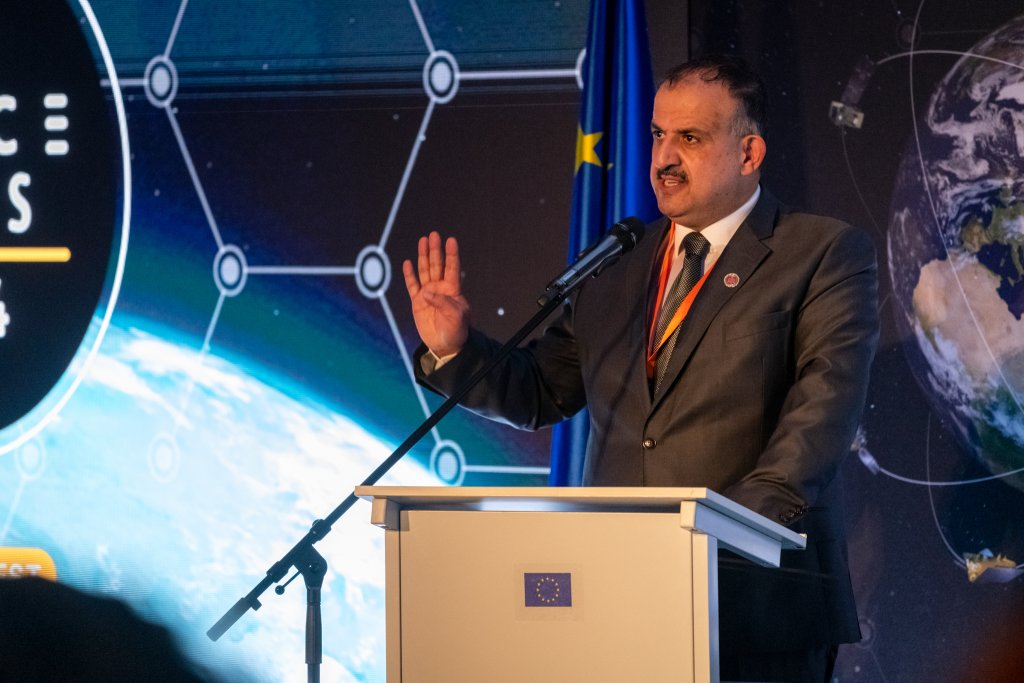
Probably everyone who matters in the EU space industry was present at the annual meeting this time: industry players, decision-makers and representatives of the EU space program. More than 300 professionals from 13 different countries registered for the two-day event, organised by the European Commission’s Directorate General for Defence Industry and Space (DEFIS).
The rector recalled that the first Hungarian cubesat, Masat-1, was built at BME, so was the world's first 5*5*5 cm picosatellite, SMOG-P, and the latest self-developed picosatellite, MRC-100, entered Earth orbit last June. In the meantime, the university's researchers contributed to the European Space Agency's HERA mission, established the master's training in space engineering, the first class of which graduated this summer, and launched the UniSpace program in cooperation with 21 universities.
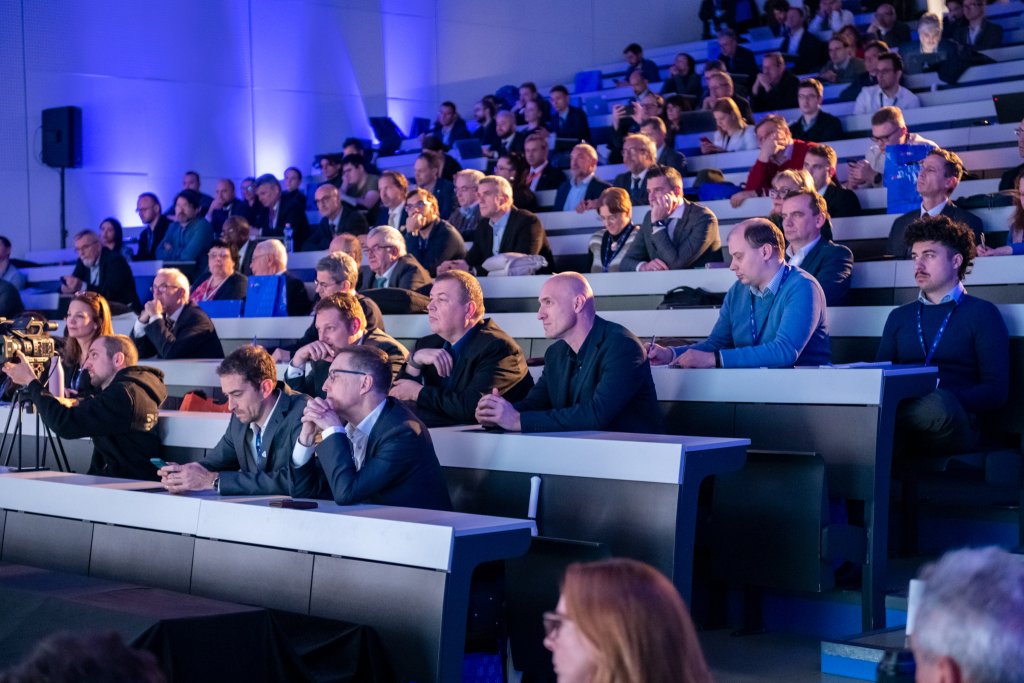
“But our graduated students contributed to the space sector well before establishing our space education program.
They established Hungarian space companies, participated in various developments in different domains including telecommunications, dosimetry, satellite manufacturing, Earth Observation,”
Mr. Charaf added.
Szabolcs Szolnoki, Deputy State Secretary for Technology at the Ministry of Economic Development, also gave a welcoming speech at the event. The Hungarian government believes that the space industry can be one of the keys to economic competitiveness, which is why it is trying to help Hungarian suppliers. The success of interested domestic companies can also be applied in other sectors, such as telecommunications or satellite navigation, he said.
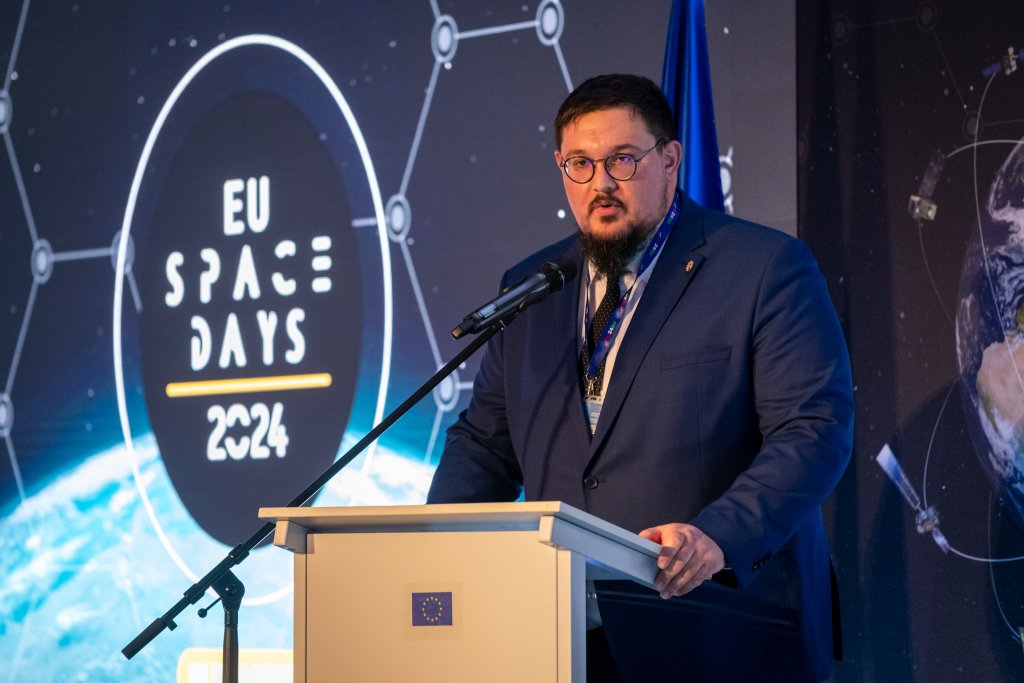
Rodrigo da Costa, Executive Director of the EU Agency for the Space Programme (EUSPA), highlighted the fact that many services require space data, critical infrastructures also need to be protected, therefore the space industry plays an important role in the everyday lives of the EU's residents. Guillaume de la Brosse, Head of the Space Policy Unit at the European Commission, mentioned that the legislative plan of the new Commission includes the development of a common EU space law.
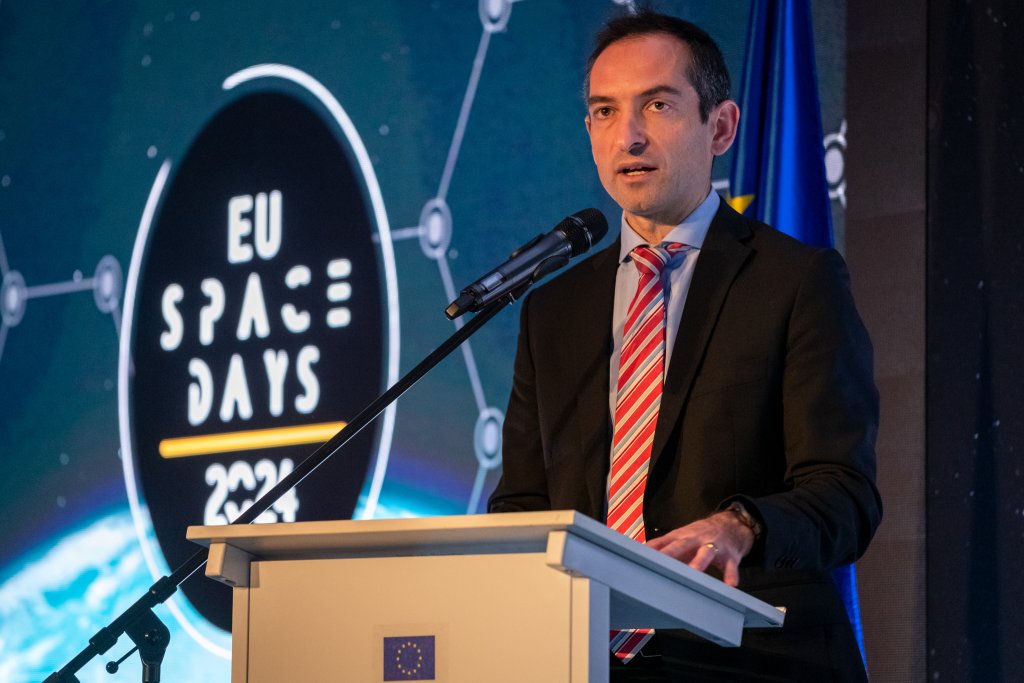
The conference continued with presentations and panel discussions by decision-makers and business leaders. The focus was on the European Union’s Space Programme, Galileo, EGNOS, Copernicus and IRIS in particular, which are not only shaping the future of space research, but also playing a key role in Europe’s green transition and digital development. The future priorities of the European Commission were also discussed: increasing competitiveness, sustainability and supporting new research programmes such as Horizon Europe and CASSINI.
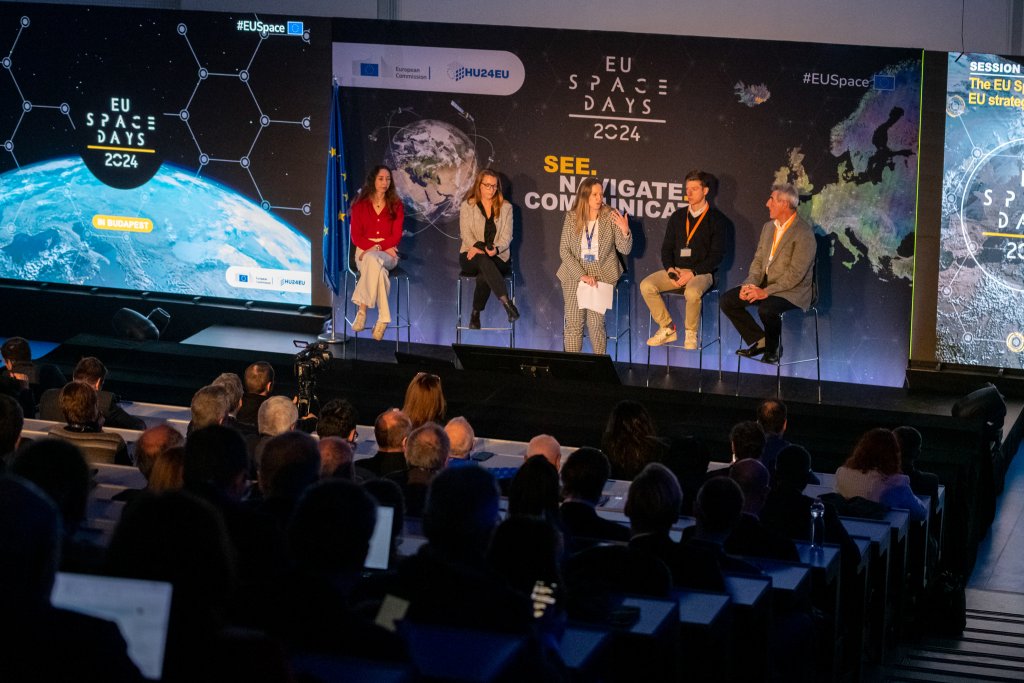
.
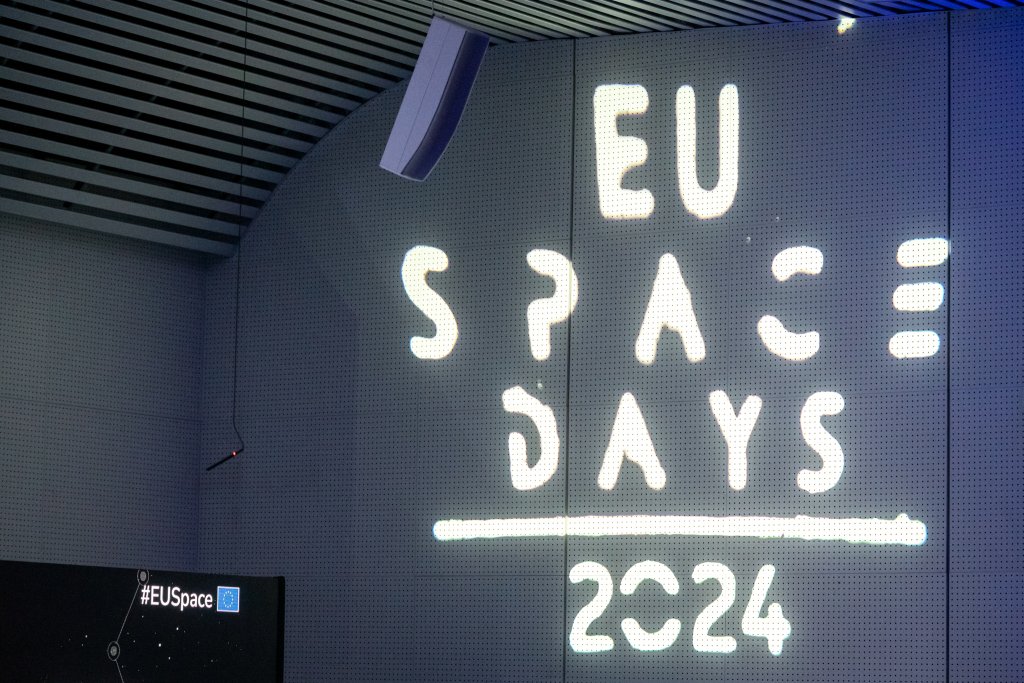
Rector's Office, Communications Directorate
